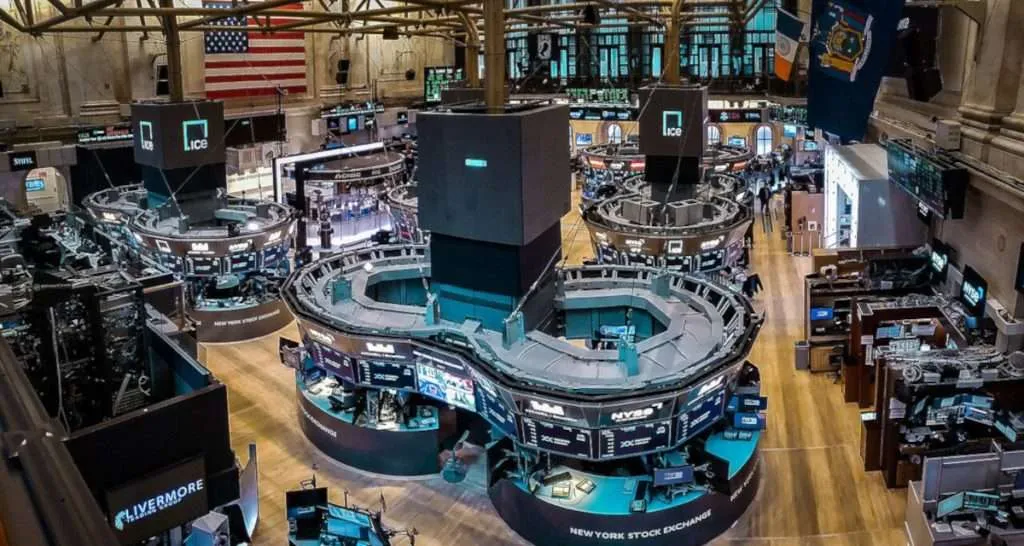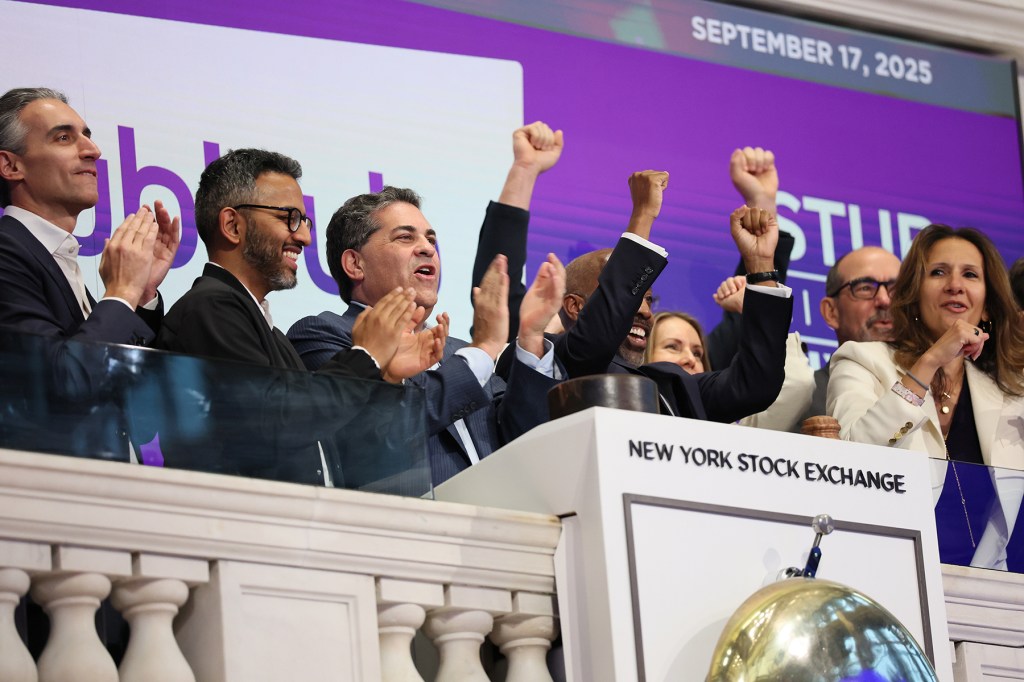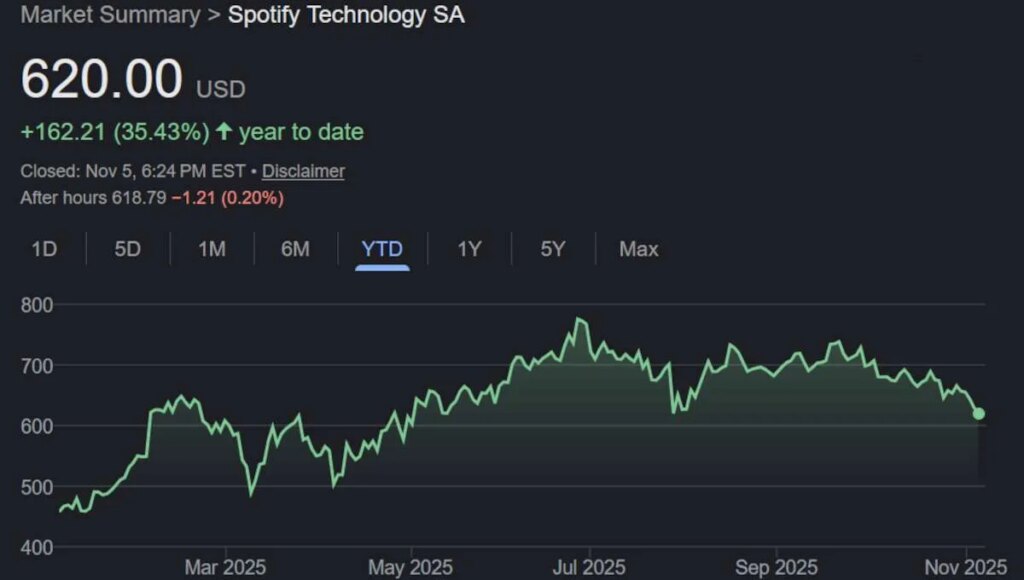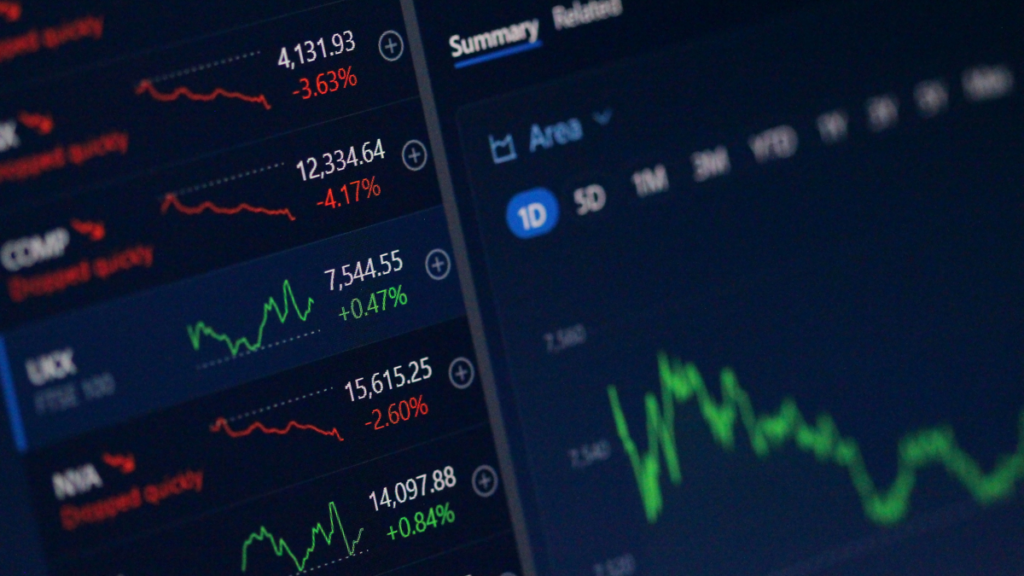StubHub Stock (NYSE: STUB) Slides During Its First Day of Trading — Shares Finish At $22 Apiece

The New York Stock Exchange trading floor. Photo Credit: Tobias Deml
StubHub’s first day as a publicly traded company is in the books, and shares (NYSE: STUB) finished at the low end of the ticketing platform’s pre-listing guidance.
That refers to a per-share price of $22 even, after StubHub last week settled on a forecasted range of $22 to $25. Technically, STUB briefly topped the high-end figure, opening at $25.35 and peaking at $27.89.
But as emphasized by multiple market-focused outlets, besides being well below the peak, STUB ended the day down 6.4% and beneath its $23.50 offer price.
Furthermore, at the time of this writing, after-hours trades were driving a slip from closing – to the tune of a $21.85 price point for STUB. One needn’t be a financial pro to guess how early shareholders feel about the movement, and it’ll be worth monitoring STUB’s showing from here.
Of course, IPO enthusiasm isn’t exactly unprecedented. But at the risk of piling on, StubHub’s underwhelming H1 2025 financials should be reiterated now that the public-listing dust is settling – as should analysts’ measured assessments of the stock behind Ticketmaster parent Live Nation (NYSE: LYV).
We covered some not-so-enthusiastic assessments of StubHub’s positioning earlier this week as well. On the financials front, while the company’s half-year results emerged in mid-August, they’re attracting renewed attention in light of the IPO.
One example: An X user this afternoon noted the astonishing $827.97 million that StubHub reported spending on “sales and marketing” in 2024. That was up from nearly $518 million in 2023.
Meanwhile, different individuals on X, Reddit, and elsewhere are taking the opportunity to voice their longstanding qualms with StubHub. “I hope @stubhub IPO goes terribly today,” a critic penned before alleging that the platform “rips off customers.”
As many know, consumer criticism definitely isn’t unique to StubHub. However, its continued prevalence is important on several levels; it seems safe to describe ticketing’s regulatory climate as unfavorable both in the U.S. and internationally.
At the intersection of those points, different ticketing players look to be gaining momentum. Despite pulling down a quarter of a billion dollars in funding just last year, TickPick actually launched in 2011.
According to its website, the business in 2022 “[c]elebrated hitting $1 billion in sales.” And per comments from co-CEO Brett Goldberg, TickPick then achieved “close to $1 billion” in revenue during 2024.
Link to the source article – https://www.digitalmusicnews.com/2025/09/17/stubhub-stock-debut-performance/
-
TENINYU USB to MIDI Cable Converter 2 in 1 PC to Synthesizer Music Studio Keyboard Interface Wire Plug Controller Adapter Cord 16 Channels Supports Computer Laptop Windows and Mac$9,99 Buy product
-
Stagg WS – AH235S Eb Alto Horn with Soft Case$0,00 Buy product
-
Raptor EB38CO-TS 3/4 Size Kids Junior 4 String Electric P Bass Package, Tobacco-Burst with Gig Bag, Strap, Cable, Pick, 5 W amp, 38″ L$182,00 Buy product
-
Digital Piano 88 Key Full Size Semi Weighted Electronic Keyboard Piano with Music Stand,Power Supply,Bluetooth,MIDI,for Beginner Professional at Home/Stage$89,99 Buy product
-
Kala UBASS-EBY-FSRW Striped Ebony Acoustic-Electric Ukulele Bass with Round Wounds$449,00 Buy product
-
Fender Player Jazz Bass, Polar White, Fretless, Pau Ferro Fingerboard$788,03 Buy product













Responses